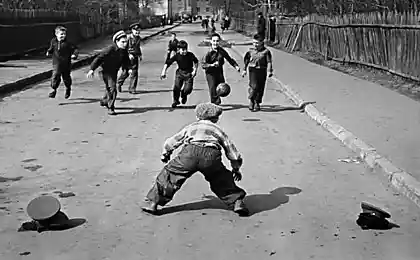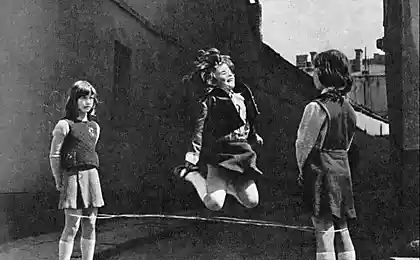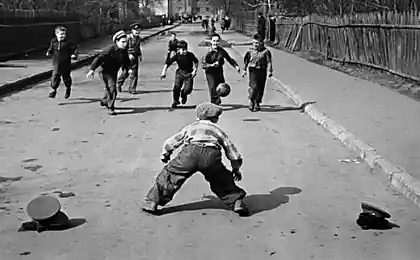543
"Player Error" "Error Player" or why you can not rely on intuition
How are we kidding sebyaPredpolozhim you're playing roulette, and the drum repeatedly falls "black." Perhaps it would be fair to assume that every next time the probability that the fall "red" is increased. Before that nine times in a row fell out "black", the tenth most likely will be the "red." This reasoning is widespread, and at first glance seems quite logical. However, in reality it is not. Probability theory says that the probability of each time is the same and is ½ or 50/50 percent.

In the early 20th century, in one of the casinos of Monte Carlo (Monaco), there was a curious case. In roulette repeatedly fell out "black." Each time, wanting to put on the opposite color - "red" - is growing. However, "black" fell 26 times, leading to the dismay of all those present to the players and their huge losses. Discouraged players questioned the honesty of the casino, considering what is happening "in violation of the theory of probability", which means simply impossible without a special trick.
Subsequently, this phenomenon has been studied and went into the psychological science called "player error" or "negative effect of novelty» (negative recency effect) as an example of cognitive distortions. All the matter in relation to the life experience and its use. It is believed that in real life most of the events are interconnected, and various events are perceived as random, have a tendency to "revert to the mean." This leads to cognitive distortions of perception of objectivity and leads to the conclusion that the probability of a future event depends on the previous ones, although in reality this is often not the case.
Even more curious is the fact that the "player error" can occur in the most unexpected situations and even people who consider themselves well-versed in math in general and statistics in particular. It reflects the two aspects of human cognitive perception: the unconscious motivation to find order and patterns in all, what we have to deal, even if it's random processes; and disregard for logic in favor of intuition, taken as self-evident and does not require calculation and analysis.
via stannikem.d3.ru/comments/718598/

In the early 20th century, in one of the casinos of Monte Carlo (Monaco), there was a curious case. In roulette repeatedly fell out "black." Each time, wanting to put on the opposite color - "red" - is growing. However, "black" fell 26 times, leading to the dismay of all those present to the players and their huge losses. Discouraged players questioned the honesty of the casino, considering what is happening "in violation of the theory of probability", which means simply impossible without a special trick.
Subsequently, this phenomenon has been studied and went into the psychological science called "player error" or "negative effect of novelty» (negative recency effect) as an example of cognitive distortions. All the matter in relation to the life experience and its use. It is believed that in real life most of the events are interconnected, and various events are perceived as random, have a tendency to "revert to the mean." This leads to cognitive distortions of perception of objectivity and leads to the conclusion that the probability of a future event depends on the previous ones, although in reality this is often not the case.
Even more curious is the fact that the "player error" can occur in the most unexpected situations and even people who consider themselves well-versed in math in general and statistics in particular. It reflects the two aspects of human cognitive perception: the unconscious motivation to find order and patterns in all, what we have to deal, even if it's random processes; and disregard for logic in favor of intuition, taken as self-evident and does not require calculation and analysis.
via stannikem.d3.ru/comments/718598/
How to stop constantly overeat 8 techniques from personal experience
"The new middle": in the modern world 60 years - not retirement























